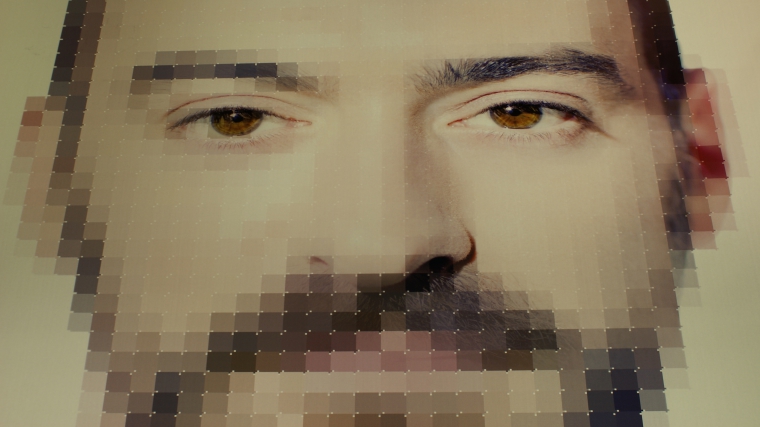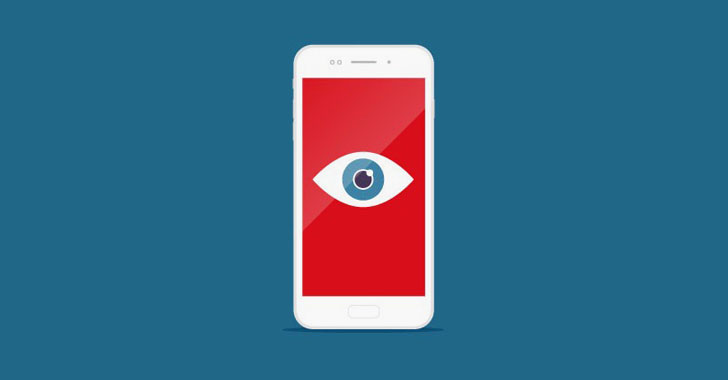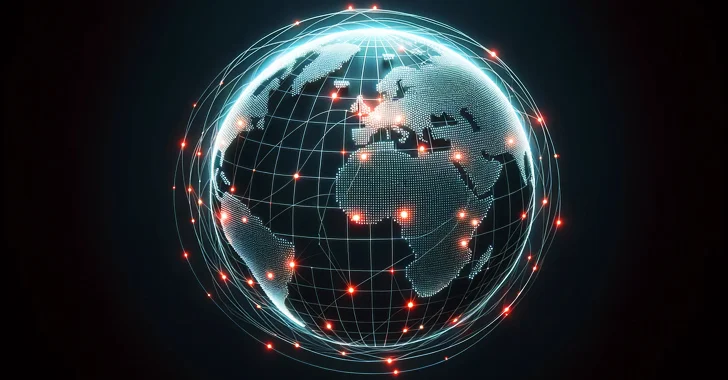The Federal Bureau of Investigation (FBI) and other security agencies are keeping Facial Recognition records of 117 million Americans in the database. That’s about 50 percent of the population.
Continued development of facial recognition databases is currently the first priority of the American intelligence and law enforcement agencies. The reason is that these databases can greatly help in their investigations as it would become easier for them to obtain full identities of suspects simply by matching pictures.
However, the new report from Georgetown University law school’s Center for Privacy and Technology has revealed that the FBI and other law enforcement agencies’ scope of facial recognition databases is quite extensive. The 150-page report states that nearly half of the American adults are already part of their database while it remains unclear to what extent the biometrics and facial recognition information would be used by the authorities.
Also Read: FBI Wants to Identify ‘Criminals’ By Their Tattoos
The report, which was released this Tuesday, revealed that over 117 million Americans are part of the database, which means one out of two adults is already registered for investigative purposes. Furthermore, it was identified that around one-quarter of the local and state police departments can access this database while law enforcement authorities across half of the US states can use it for searching. They can even access information like personal ID pictures and drivers’ licenses.
But, this sort of research and collection of data is in violation of the citizens’ right to privacy, freedom of speech and protection from unjustified and irrational seizure and searching.
The executive director of the Center for Privacy & Technology, Alvaro Bedova, states that facial recognition technology allows the police to “identify you from far away and in secret without ever talking to you.”
“Unless you’ve been arrested, the chances are you’re not in a criminal fingerprint database or a criminal DNA database either, yet by standing for a driver’s license photo at least 117 million adults have been enrolled in a face recognition network searched by the police or the FBI,” added Bedova.
Bedova refers to this database as “a national biometric database that is populated primarily by law-abiding people.”
Also Read: Tattoo Recognition System Could Identify Criminals Very Soon
It is also narrated in the report that, as of now, none of the states within the US have underlined the parameters of the way facial recognition database can be used for investigations. There isn’t any comprehensive legislation passed by any of the states as well, but some departments have voluntarily imposed restrictions on the use of this database during searches. According to their policy, the database can be searched if the crime is of serious nature and there is reasonable suspicion.
There are also concerns about the probability of racial biases during the searches. It is often argued by law enforcement agencies that the biometric tools minimize racially policing because a computer program cannot segregate between individuals on the basis of gender or skin color, it just matches pictures.
However, according to the report, the program used to recognize faces isn’t as impartial as it is being promoted. Research reveals that American facial recognition systems cannot accurately identify African Americans. Furthermore, since the rate of arrests of African Americans in the US is higher than other races, and facial recognition systems use mug shots for identifying suspects, so, there is every possibility of the system providing inaccurate matches and falsely targeting black race.
Also Read: These Iris scanners can now identify people from 40 feet away
In response to the concerns raised in the report, the FBI has not commented as yet but previously the bureau has stated that they would prioritize the protection of privacy and civil liberties beyond the legal jurisdictions. The bureau also stated that while searching the database, two human reviewers are separately involved in the process to counter check the matches returned by the system.
The report also identified that use of real-time facial recognition is becoming quite common within the law enforcement authorities especially the Police. In some major cities including Chicago and Los Angeles, five departments are either regularly observing or trying to use real-time facial recognition data of people in public areas using live feed video cameras
Also Read: FBI builds mammoth facial recognition database raising huge privacy concerns
Public concern is rising since the publishing of this report and many civil rights organizations are coming to the forefront to register their protest against this sort of data collection and use. Neema Singh Guliani, American Civil Liberties Union’s legislative counsel, stated that: “Police are free to identify and potentially track anyone even if they have no evidence that that person has done anything wrong. We don’t expect that the police can identify us when we are walking into a mosque, attending an AA meeting, or when we’re seeking help at a domestic violence shelter.”










